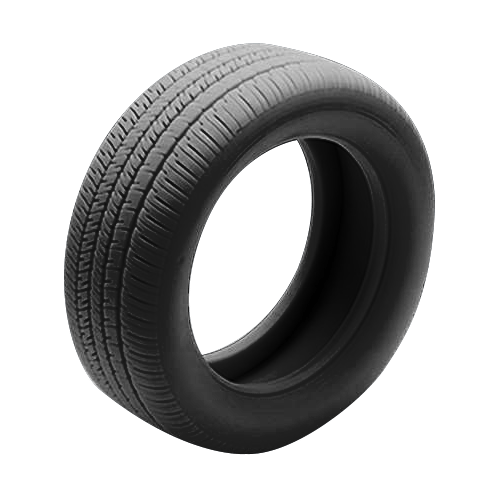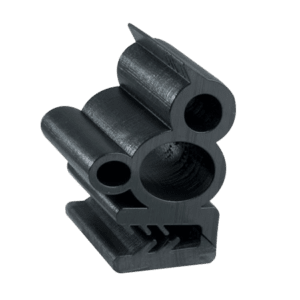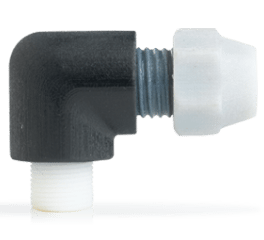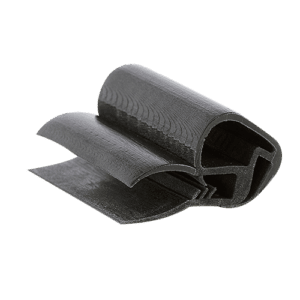Elastomers, Rubber and Foam 3D Printing Materials

FreeFoam™
Material: Foam
FreeFoam™ is an expandable foam 3D printing resin designed for the DLP 3D printing process.
Full Description
FreeFoam photopolymer resins contain dispersed heat-activated foaming agents and are 3D printed into designs like other resins with Digital Light Processing (DLP). After printing, FreeFoam parts undergo a brief oven cycle, creating closed cells that expand the part a programmable amount between 2 to 7 times its original size maintaining tight tolerances
Specs
- Hardness (Shore A): 60 ± 10
- Volumetric Expansion Factor (m³/m³): 3.6 +/- 0.3
- Expanded material density (g/cm³): 0.28 +/- 0.04
- Elongation at break (%): Type V 125 ± 25
- Tensile Strength (MPa): Type V > 4
- Tear Strength (kN/m): > 10
Application
- Foam replacement
- Cushions, padding, and support
- Shock and pressure absorbing applications
- Footwear, apparel, and consumer goods
- Packaging and transport
- Seating, furniture, and mattresses
Technology/Process
- DLP Technology
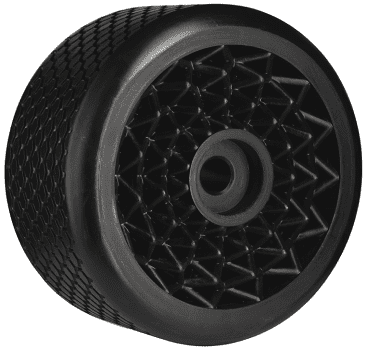
Elastic ToughRubber™ 90 by Adaptive 3D
Material: High-strength rubber with shore A90 hardness
ETR 90 is a high-strength rubber that unlocks the benefits of additive manufacturing for the rubber, polyurethane, and foam industries.
Full Description
Thanks to a Shore A90 hardness and high elongation, this material is ideal for a wide range of applications.
Characteristics:
- One-part, one-pot (no mixing required)
- High elongation
- Extremely tough
- Feels and performs like rubber
- Large part size possible, high resolution, smooth surface, and black colour
Specs
- Hardness: Shore A 90
- Tear Strength:38 kN/m
- Elongation at Break: 190%
- Tensile Stress at Break: 14 MPa
Application
- Vibration dampening components
- Seals
- Baffles
Technology/Process
- DLP Technology
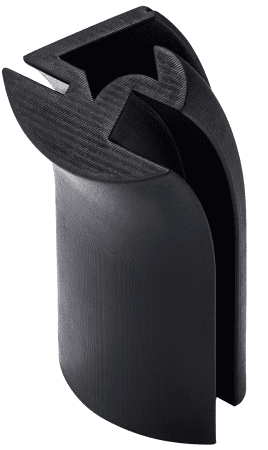
Elastic ToughRubber™ 70 by Adaptive 3D
Material: High-strength rubber with shore hardness A70
The ToughRubber™ 70 material is a tough, high-strength rubber with shore A70 hardness and extremely high elongation.
Full Description
Elastic ToughRubber™ (ETR) unlocks the benefits of additive manufacturing for the rubber, polyurethane, and foam industries.
Characteristics:
- One-part, one-pot (no mixing required)
- Extremely high elongation
- Extremely tough
- Feels and performs like rubber
- Large part size possible, high resolution, smooth surface, and black color
Specs
- Hardness: Shore A 70
- Tear Strength: 31 kN/m
- Elongation at Break: 400%
- Tensile Stress at Break: 7.6 MPa
Application
- Gaskets
- Protective Housings
Technology/Process
- DLP Technology
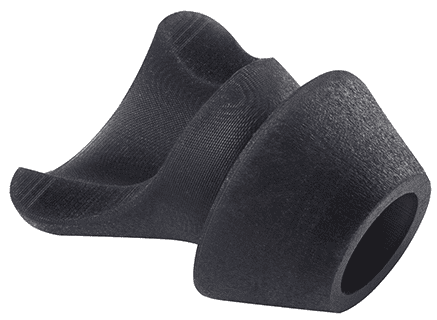
Soft ToughRubber™ | Adaptive 3D
Elastomer
Soft ToughRubber™ delivers silicone’s feel and mechanical properties with the ability to 3D print at high resolution.
Full Description
Key Features:
- One-part, one-pot (no mixing required)
- Soft AM photopolymer (Shore A 28.6)
- Silicone/TPE feel
- High strain, tensile strength, and toughness
- Exceptional surface finish
- Large part size possible, high resolution, smooth surface
- Available in black colour
Specs
- Digital Light Processing Technology
Application
- Audio earbuds
- Wearable electronics
- Anatomical medical models
Technology/Process
- DLP Technology
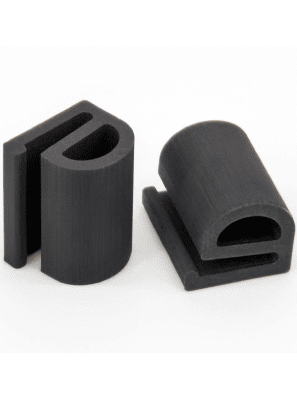
LOCTITE® IND402
Elastomer
This material maintains excellent tensile strength with high energy return and does not require secondary thermal post-processing.
Full Description
E-IND402 is a single component elastomer material with excellent green strength and does not require thermal post-processing.
Key Features:
- Elastomeric behaviour
- High resilience
- Good rebound performance
Specs
- Hardness: Shore A 76
- Tear Strength: 28 kN/m
- Elongation at Break: 230%
- Tensile Stress at Break: 5.5 MPa
Application
Ideal for elastomer applications that require lattice structures, such as vibration isolators.
- Aerospace
- Automotive
- Consumer Goods
- Manufacturing
Technology/Process
- DLP (Digital Light Processing)
Simulated Rubber for Rapid Prototyping
Simulate rubber materials with Polyjet Rubber and Polyjet Digital materials. Polyjet 3D printing technology allows manufacturers to create realistic and precise models and parts. Polyjet Rubber-Like materials are designed for functional prototyping, concept modeling, manufacturing tools and display parts finishing.
Polyjet Rubber-Like materials have elastomer characteristics: elongation at break, tear resistance and tensile strength. Rubber-like materials have been created for applications that require soft and non-slip surfaces. Rubber-like materials are used to produce consumer electronics, medical devices, automotive and aerospace interiors. The Polyjet Family of rubber-like materials includes TangoGray™, TangoBlack™, TangoPlus™ (amber) and TangoBlackPlus™. Polyjet Digital Materials are designed to simulate engineering plastics by combining qualities for durability and high temperature resistance. They have excellent shock absorption and high-impact resistance characteristics. Digital Materials are ideal for functional prototypes, snap-fit parts, electrical parts casings and engine part covers.
